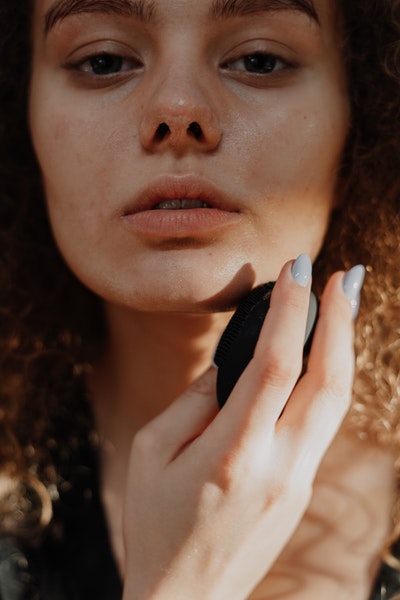In the 1990s, scientists discovered that cell damage from free radicals (called oxidation) increased the risk of cancer, heart disease, diabetes, Alzheimer’s disease and many other conditions. Some vitamins are able to neutralize free radicals and slow down oxidation. They’re called antioxidants. Lately, some scientists have been saying that this whole antioxidant thing is just a myth. What’s the truth?
Are Vitamins and Antioxidants a Waste of Money?

It’s true that antioxidants aren’t a magic bullet to cure all your problems. They can help, but you have to know how to use them:
- You need the right amount of antioxidants, no more and no less: Some supplements give you crazy amounts of antioxidants, like 5,000 times your daily needs. This is a waste, because your body doesn’t need that much. In fact, too much of certain vitamins (vitamin A, for example) can hurt instead of help.
- Antioxidants are more effective when you’re running low: If you’re already getting plenty of vitamin C from the fruits and veggies you eat, you’re not going to see much difference by taking vitamin C supplements. Antioxidants are more helpful for people who aren’t getting enough nutrients, like people who are too busy to cook every day.
- Your body needs help absorbing antioxidants: Some vitamin supplements appear in forms that your body can’t process. That’s like buying a box of healthy cereal but not being able to eat it because you can’t get the packaging open. For example, high-quality turmeric supplements need extra ingredients (such as black pepper extract) to help your body increase vitamin absorption naturally.
Try to get most of your antioxidants from fresh fruit and veggies. These sources are great because they provide many different antioxidants that support and reinforce each other. If you know you’re not getting enough fresh fruit, focus on supplements that also contain lots of complimentary antioxidants, such as turmeric, ginger and moringa.
Are the Articles Saying Antioxidants Are a Scam Wrong?

What about those scientists claiming antioxidants are a myth? Many of these articles are wrong or misleading:
- Drug companies don’t pay for honest research into natural foods: Pharmaceutical companies obviously don’t want you taking cheaper antioxidants when they can charge you thousands of dollars for drugs. Who are the real scam artists?
- Some scientists twist things: Obviously, if you study the effects of vitamin C on healthy people, you’re not going to see much difference. The whole point is to see if antioxidants can make a difference for people who aren’t getting enough vitamins normally.
- Lab studies are misleading: Many studies cited as proof that antioxidants are a myth use data from test tubes (cells in a jar), not actual human beings. I can’t even tell you how misleading that is.
- Most studies are small and short: You obviously can’t see the benefits of antioxidants for protecting the heart, brain, joints and kidneys in a one-week study. How about checking the effects after a few months, instead?
To be honest, most of these articles make me laugh. One claimed that vitamin C doesn’t help your body at all. Except I’ve seen the results myself EVERY TIME I’VE EVER BEEN SICK. I can say the same thing about garlic, ginger, turmeric, moringa and chicken soup. The bottom line? Listen to your body, not some scientist who’s probably getting his paycheck from a drug company that wants to sell you insulin for $300.




